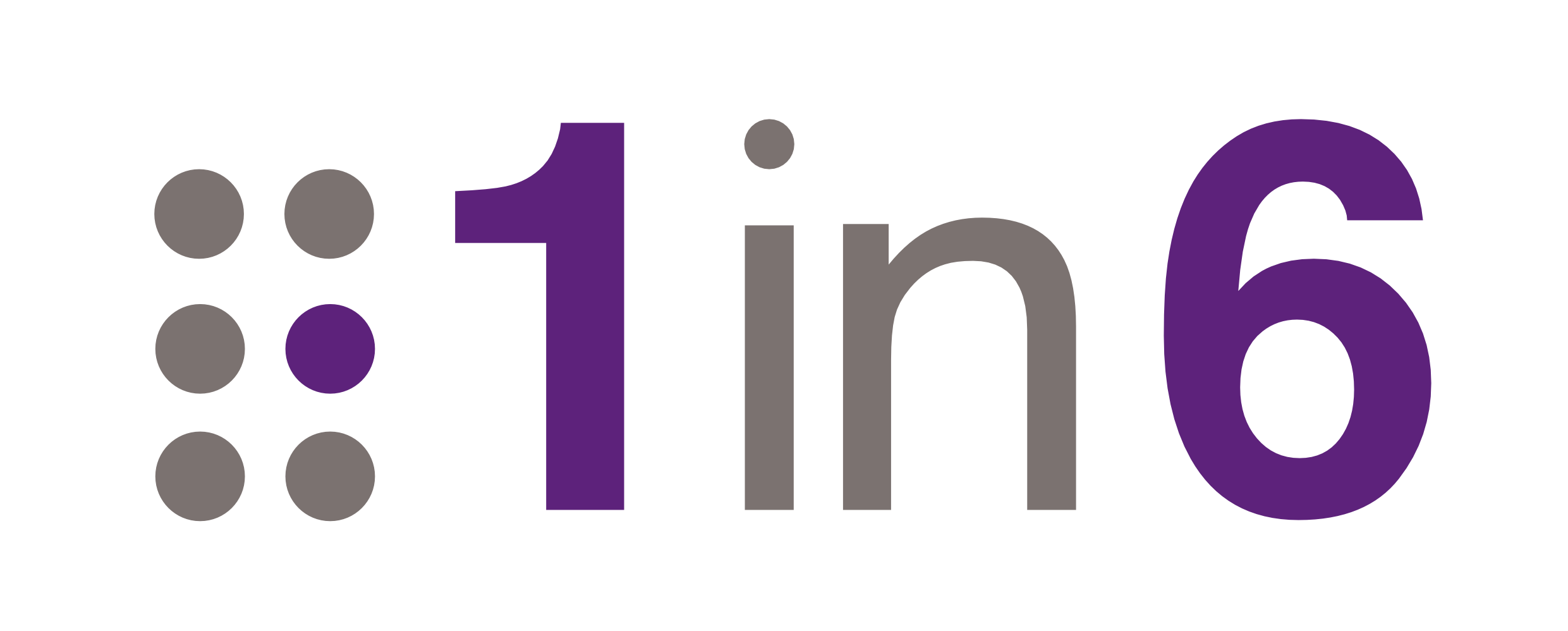Could you work as an IDVA or ISVA?
If you have strong interpersonal skills, empathy, resilience, and a passion for supporting survivors, you might be a good fit for working as an IDVA or ISVA.
Many people with a background in safeguarding or roles helping and empowering others, such as those working in education or the police force, have skills that make them really effective IDVAs or ISVAs.
‘I wasn’t too sure what being an ISVA would entail initially. I took a bit of a leap of faith knowing I had passion, commitment to people's lives, and transferable skills and I knew I wanted to be part of a positive change for survivors and to be someone who can help them on their journey.’
We’re currently looking for two IDVAs who identify as male to work with us and our partner organisations and help survivors who would prefer a male-centred service. The roles are hybrid, with time in the office, time at home, and time with clients, and all necessary training will be provided for the right applicants.
‘Being an ISVA provides the opportunity to make a meaningful impact in the lives of survivors. Advocating for rights, empowering people, and contributing towards their journey of healing makes my role incredibly rewarding.’

An IDVA (Independent Domestic Violence Advisor) or ISVA (Independent Sexual Violence Advisor) provides a range of emotional support. They help to inform survivors of the reporting process and can help individuals navigate the often complex criminal justice process. ISVAs and IDVAs provide advocacy and empowerment to help individuals with their recovery and help to develop resources on self-care, wellbeing, and the impacts and barriers survivors can face.
You’d be working within a wide group of organisations in the sector with experience of providing specialised services, with a network of colleagues across the industry who can offer advice or a helping hand as you develop in your role. Click on the links to see the full job specifications and apply:


